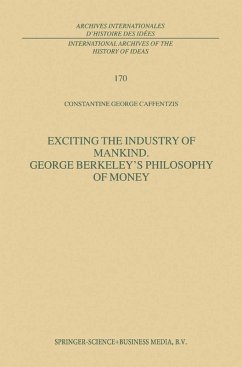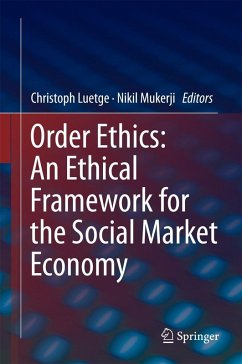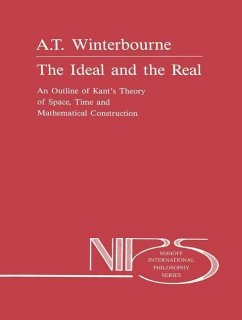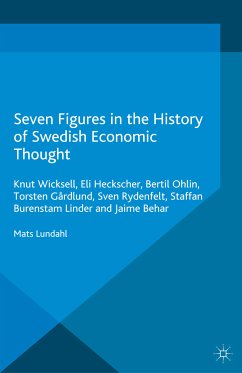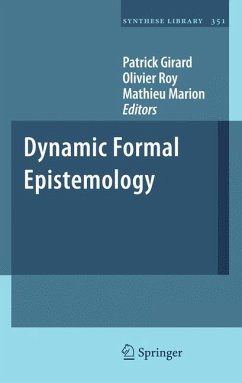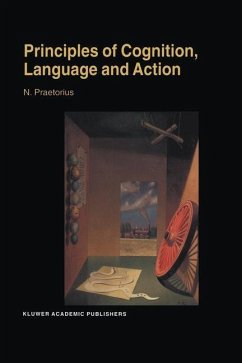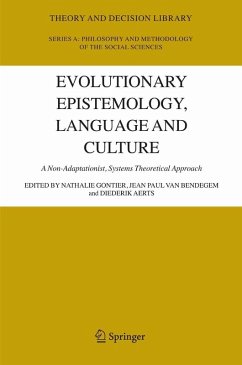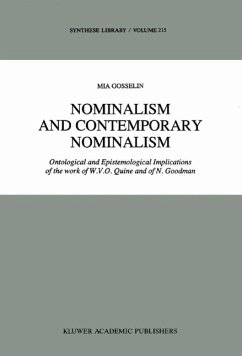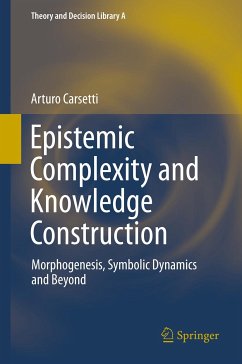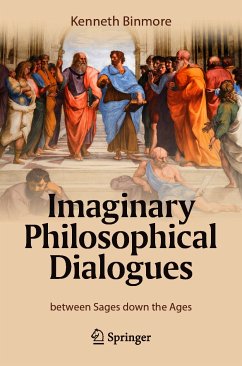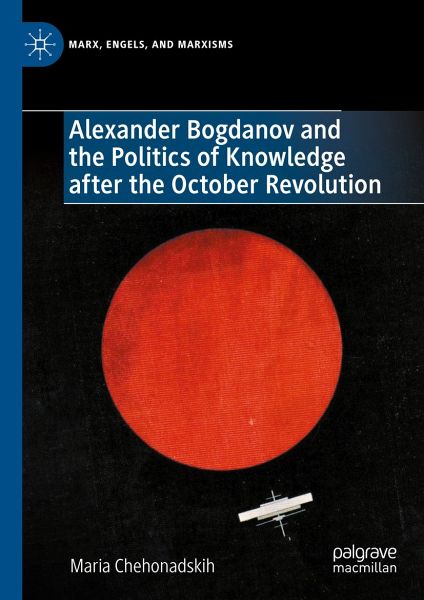
Alexander Bogdanov and the Politics of Knowledge after the October Revolution (eBook, PDF)
Versandkostenfrei!
Sofort per Download lieferbar
81,95 €
inkl. MwSt.
Weitere Ausgaben:

PAYBACK Punkte
41 °P sammeln!
In this book, Maria Chehonadskih unsettles established narratives about the formation of a revolutionary canon after the October Revolution. Displacing the centre of gravity from dialectical materialism to the rapid dissemination, canonisation and decline of a striking convergence of empiricism and Marxism, she explores how this tendency, overshadowed by official historiography, establishes a new attitude to modernity and progress, nature and environment, agency and subjectivity, party and class, knowledge and power. The book traces the adventure of the synthesis of empiricism and Marxism acro...
In this book, Maria Chehonadskih unsettles established narratives about the formation of a revolutionary canon after the October Revolution. Displacing the centre of gravity from dialectical materialism to the rapid dissemination, canonisation and decline of a striking convergence of empiricism and Marxism, she explores how this tendency, overshadowed by official historiography, establishes a new attitude to modernity and progress, nature and environment, agency and subjectivity, party and class, knowledge and power. The book traces the adventure of the synthesis of empiricism and Marxism across philosophy, science, politics, art and literature from the 1890s to the 1930s, offering a radical rethinking of the true scope and scale that the main proponent of Empirio-Marxism, Alexander Bogdanov, had on the post-revolutionary socialist legacies. Chehonadskih draws on both key and forgotten figures and movements, such as Proletkult, Productivism and Constructivism, filling a gap in the literature that will be particularly significant for Marxism, continental philosophy, art theory and Slavic studies specialists.
Dieser Download kann aus rechtlichen Gründen nur mit Rechnungsadresse in A, B, BG, CY, CZ, D, DK, EW, E, FIN, F, GR, HR, H, IRL, I, LT, L, LR, M, NL, PL, P, R, S, SLO, SK ausgeliefert werden.



